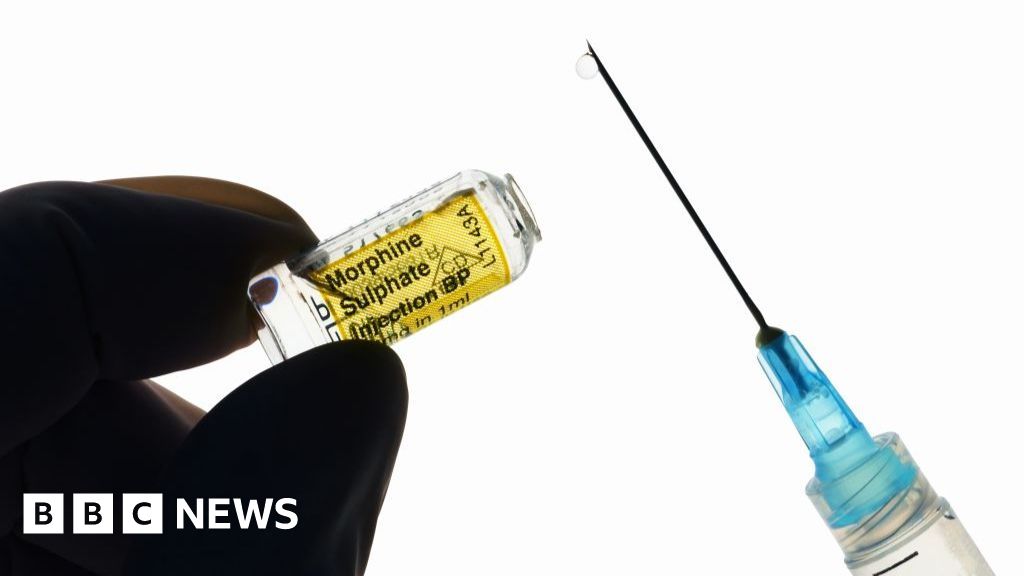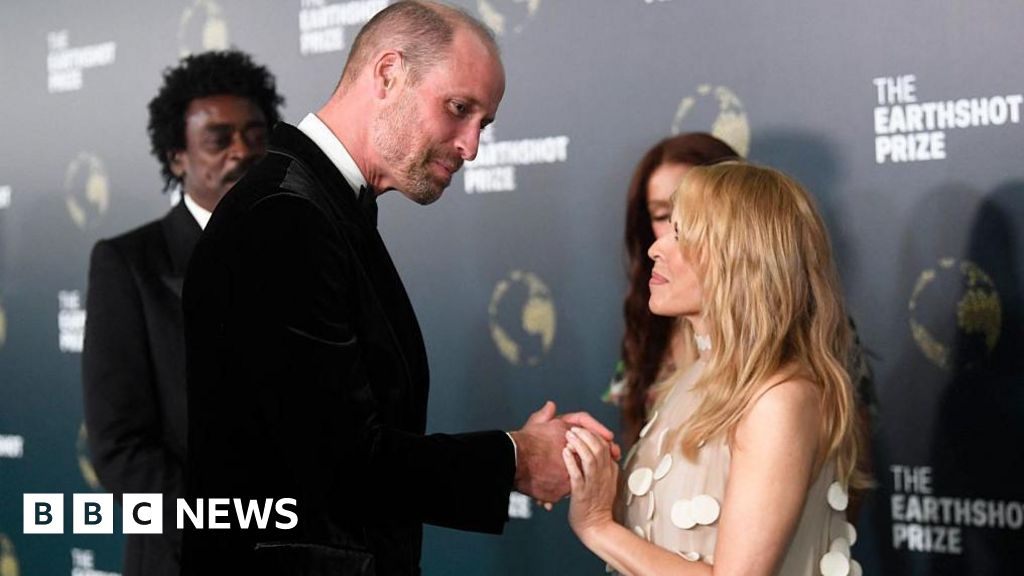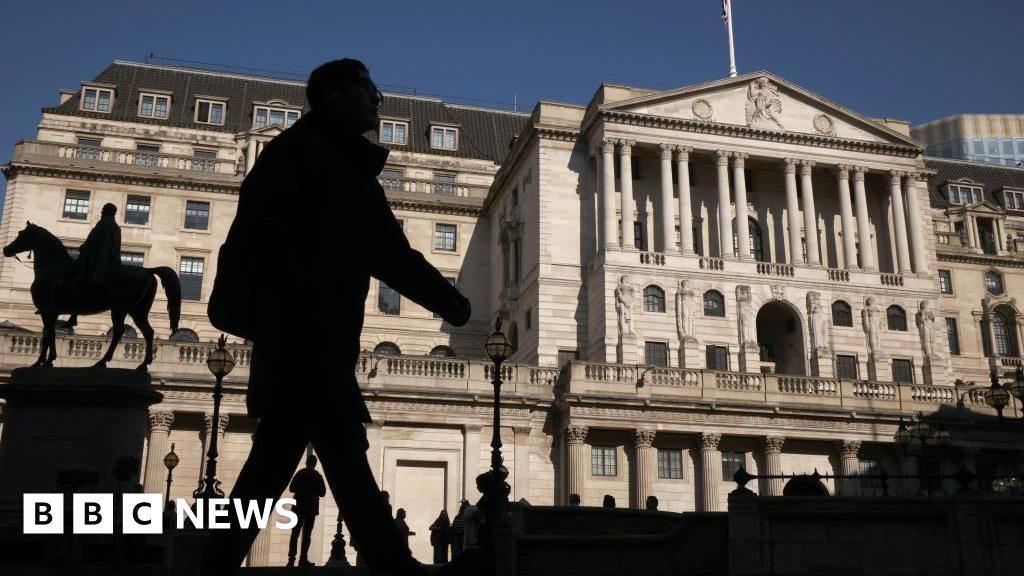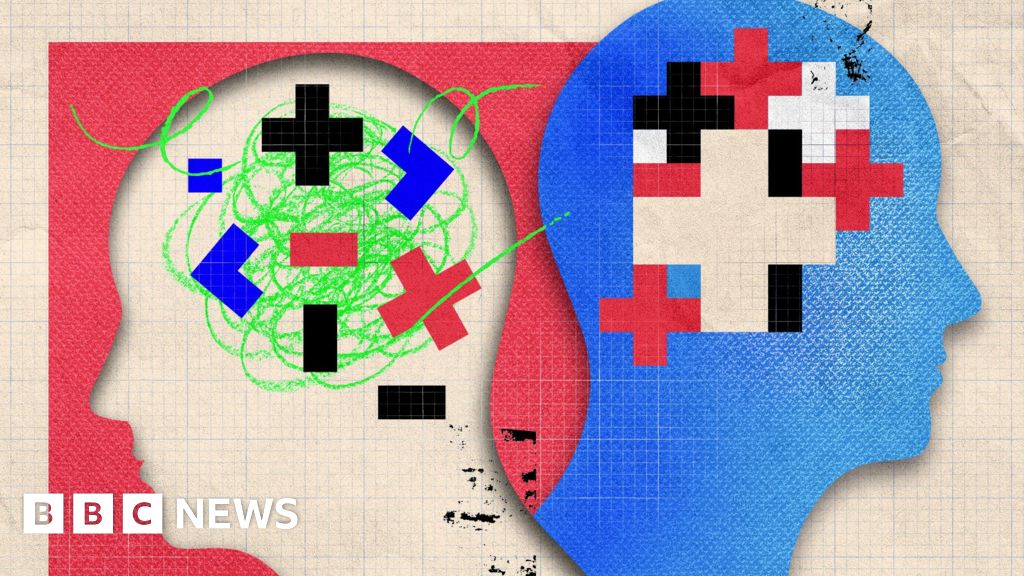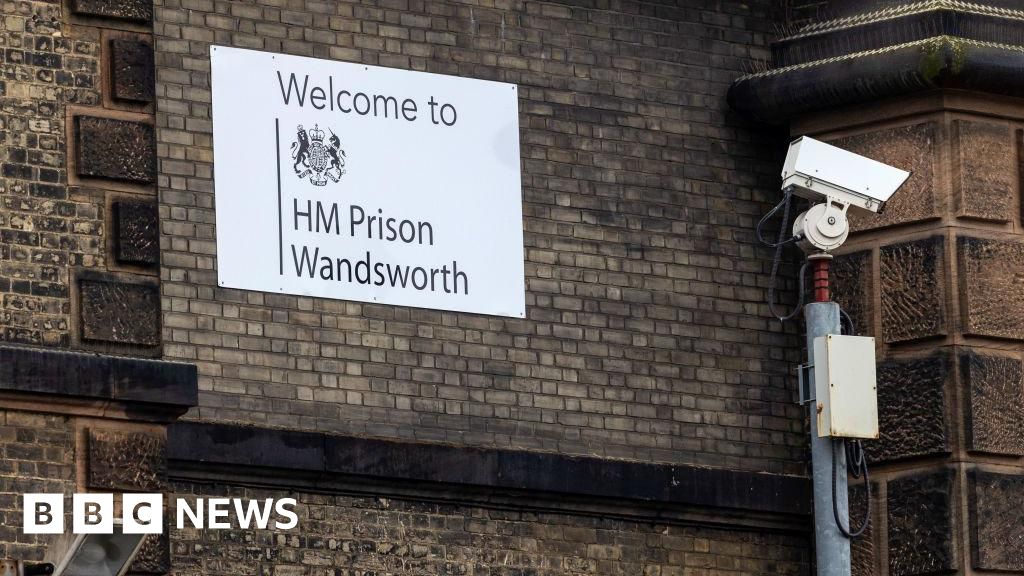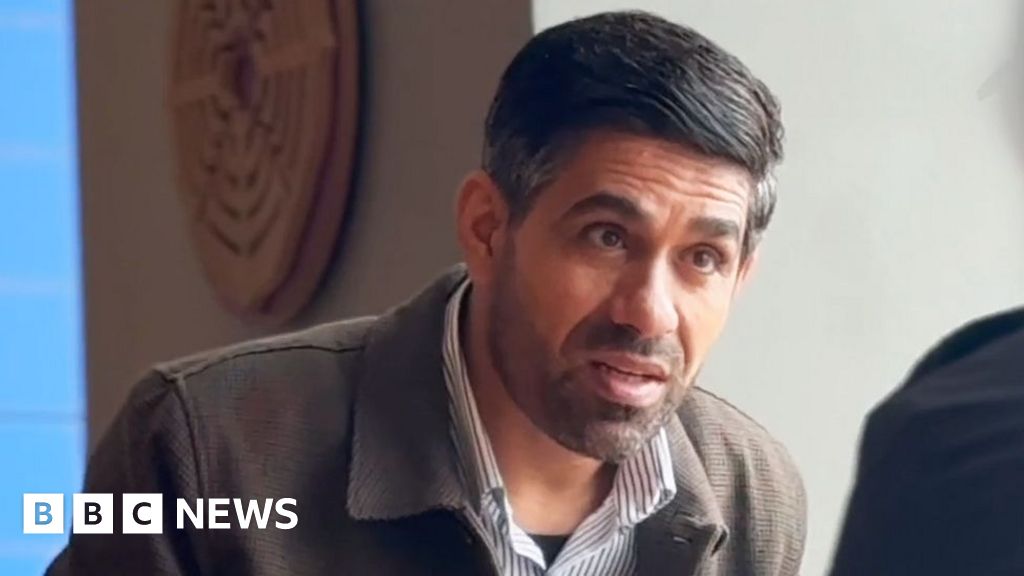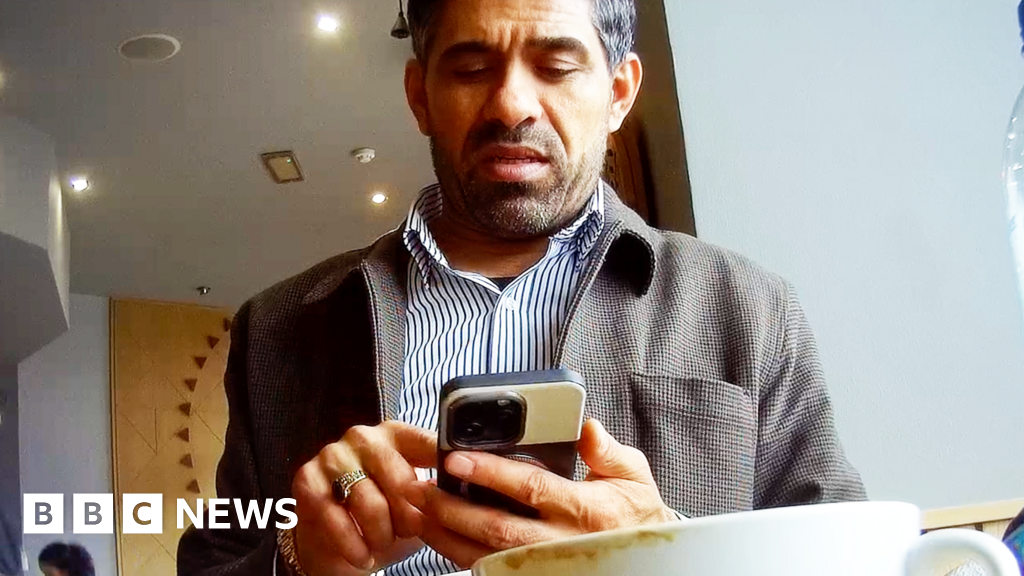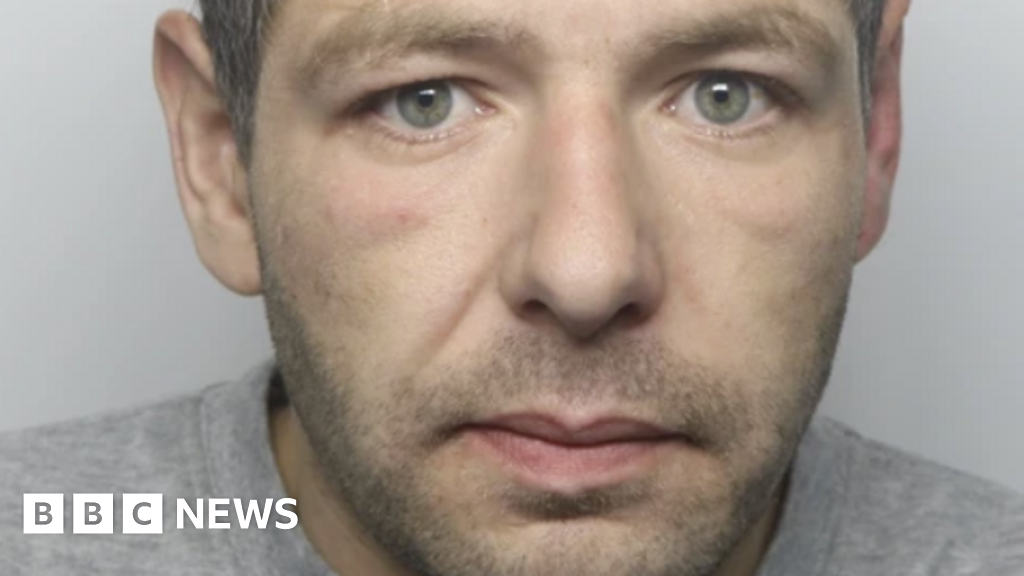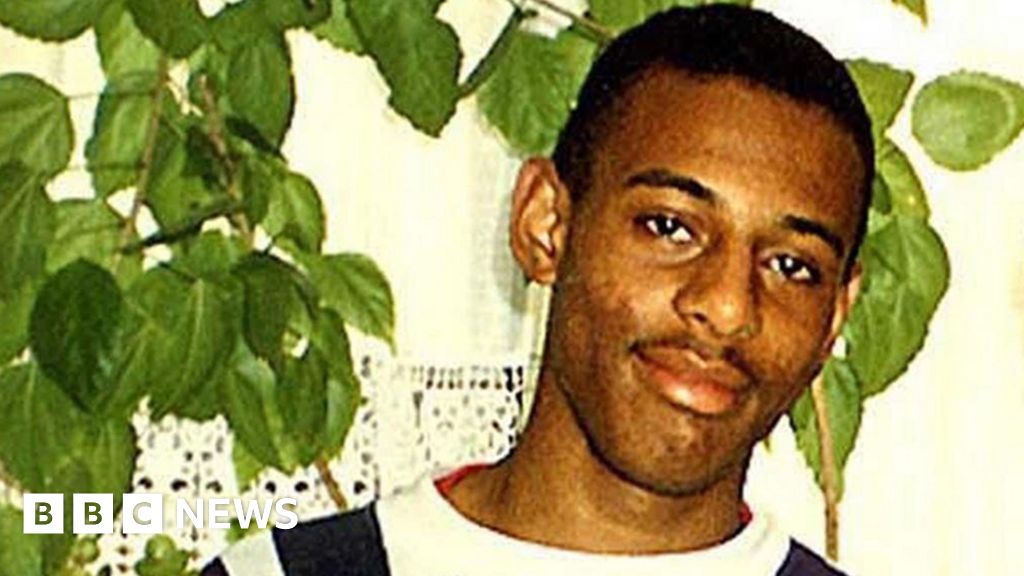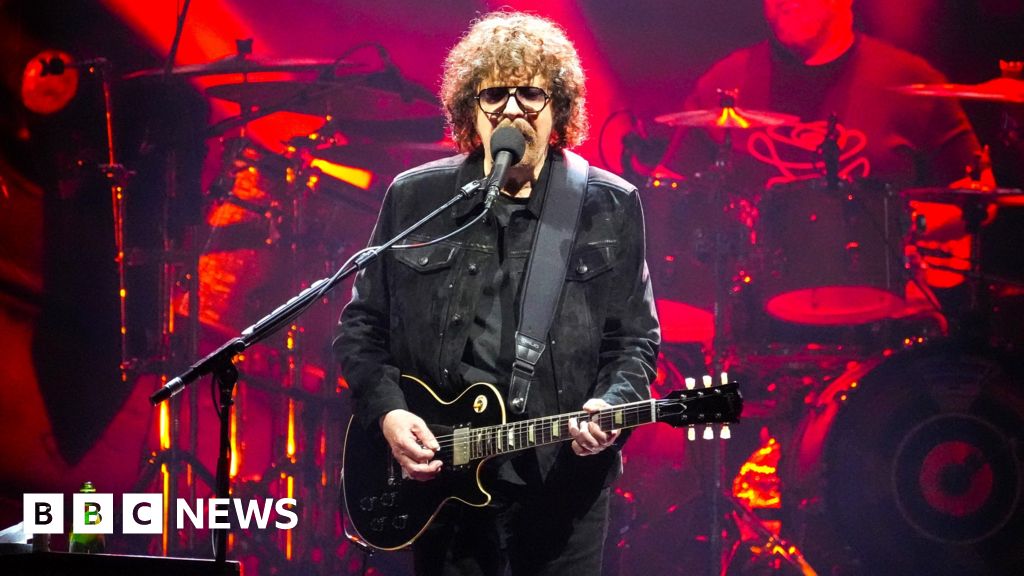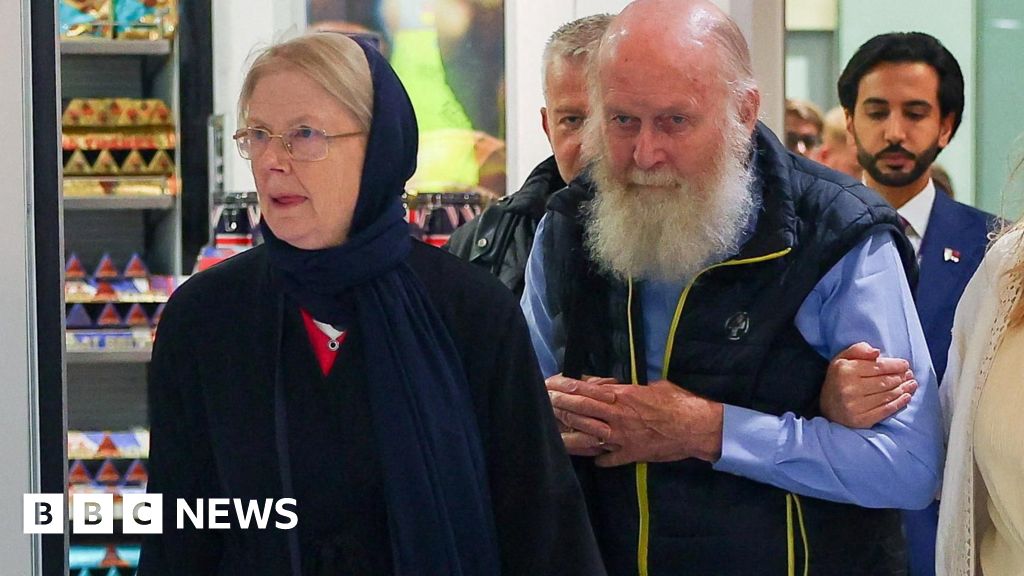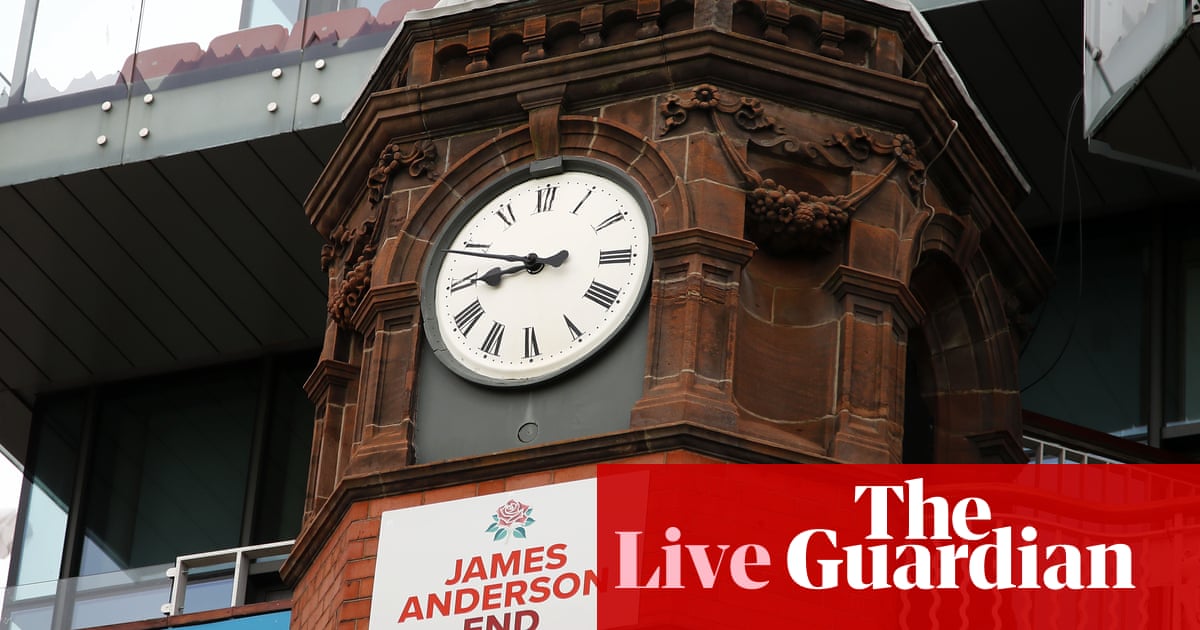Angus CochraneBBC Scotland

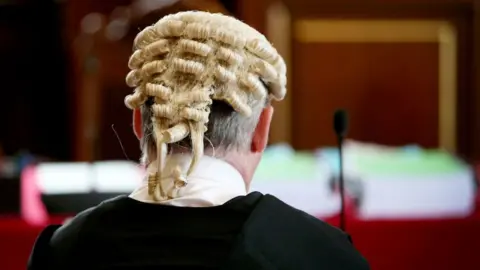 PA Media
PA Media
Plans to scrap Scotland's controversial not proven verdict have been approved by MSPs.
The move is part of wide-ranging justice reforms which will also increase the threshold for a guilty verdict in jury trials and create a special sexual offences court.
The removal of the not proven verdict, which is unique to Scottish courts and can be traced back to the 17th Century, will be a major milestone in the country's legal history.
Its supporters argue that it reduces the risk of wrongful conviction – but critics say the verdict is confusing and fails to provide closure for victims.
Not proven is one of three verdicts that can be returned in Scotland's criminal courts, alongside guilty and not guilty.
It has the same effect as being found not guilty - the accused is acquitted and is innocent in the eyes of the law.
There have been repeated calls to abolish not proven in recent decades, often prompted by families of victims who have been left aggrieved by what they perceive as an unfair verdict.

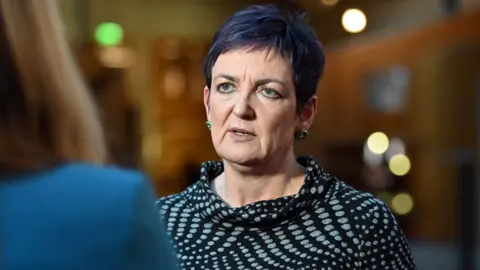 Getty Images
Getty Images
Justice Secretary Angela Constance has steered the reforms through parliament
There is no set definition of not proven in law. At the start of a criminal trial, jurors are told that there are two acquittal verdicts - but it is not explained how they differ.
Justice Secretary Angela Constance said it was a "widely misunderstood" verdict that "traumatises" victims and leaves a "lingering stigma on the accused".
However, the Law Society of Scotland has argued that its removal risks an increase in miscarriages of justice.
A study published in 2019 said removing the not proven verdict might incline more jurors towards a guilty verdict in finely balanced trials.
It also highlighted inconsistent views on the meaning of not proven and how it differed from not guilty.
The latest Scottish government figures, for 2022/23, show that 1% of people facing criminal charges in court were acquitted on a not proven verdict, compared to 4% on a not guilty verdict.
The reforms in the government's Victims, Witnesses and Justice Reform Bill also include a change in how guilty verdicts are decided.
Scottish juries have 15 members and at present a simple majority of eight jurors is required for a verdict. Under the new two-thirds rule, that will be raised to 10 out of 15 jurors.
Raising the bar for guilty verdicts is intended to allay the concerns of some defence lawyers who fear the the abolition of the not proven verdict could increase the risk of wrongful convictions.
The reforms also pave the way for:
- the creation of a special sexual offences court, including "trauma-informed" training for judges and legal staff
- a victims and witnesses commissioner - an independent office answerable to parliament that would be in charge of ensuring standards of care
- a requirement for the parole board to consider if a murderer has refused to reveal the location of their victim's remains when considering if they should be freed from jail, and to take into account the safety of victims and their families
- the extension of rules that restrict what can be said in court about a complainer's sexual history
- a trial scheme giving victims of rape and serious sexual assault free access to court transcripts to be made permanent
Ministers have not set a timetable for scrapping the not proven verdict or introducing a two-thirds majority for guilty verdicts.
These changes will require judges and court staff to undergo training.
It could take significantly longer to set up a sexual offences court and a victims commissioner.
Most rape cases reported to police do not lead to prosecutions. To address this, ministers proposed a pilot scheme that would have allowed trials for serious sexual offences to be held without a jury and decided by a single judge.
However, this measure was dropped following criticism from lawyers and judges.
Victim Support Scotland chief executive Kate Wallace said the passage of the bill was a "momentous occasion".
"It marks a significant step towards creating a system that considers and prioritises the needs of people impacted by crime," she said.
This breaking news story is being updated and more details will be published shortly. Please refresh the page for the fullest version.
You can receive Breaking News on a smartphone or tablet via the BBC News App. You can also follow @BBCBreaking on X to get the latest alerts.
.png)
 1 month ago
28
1 month ago
28




